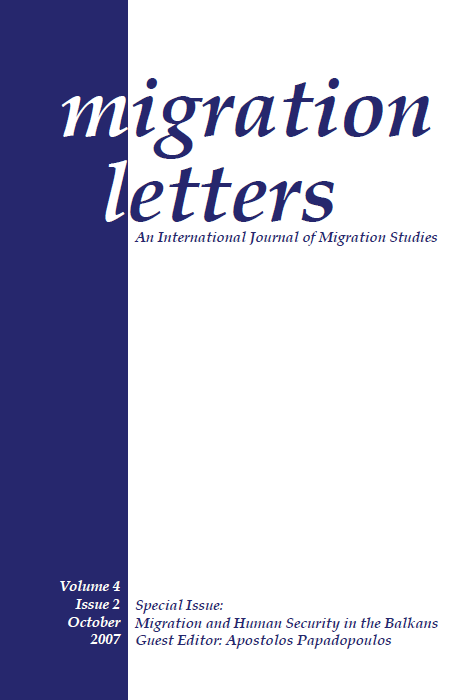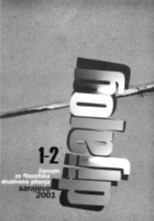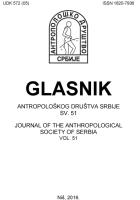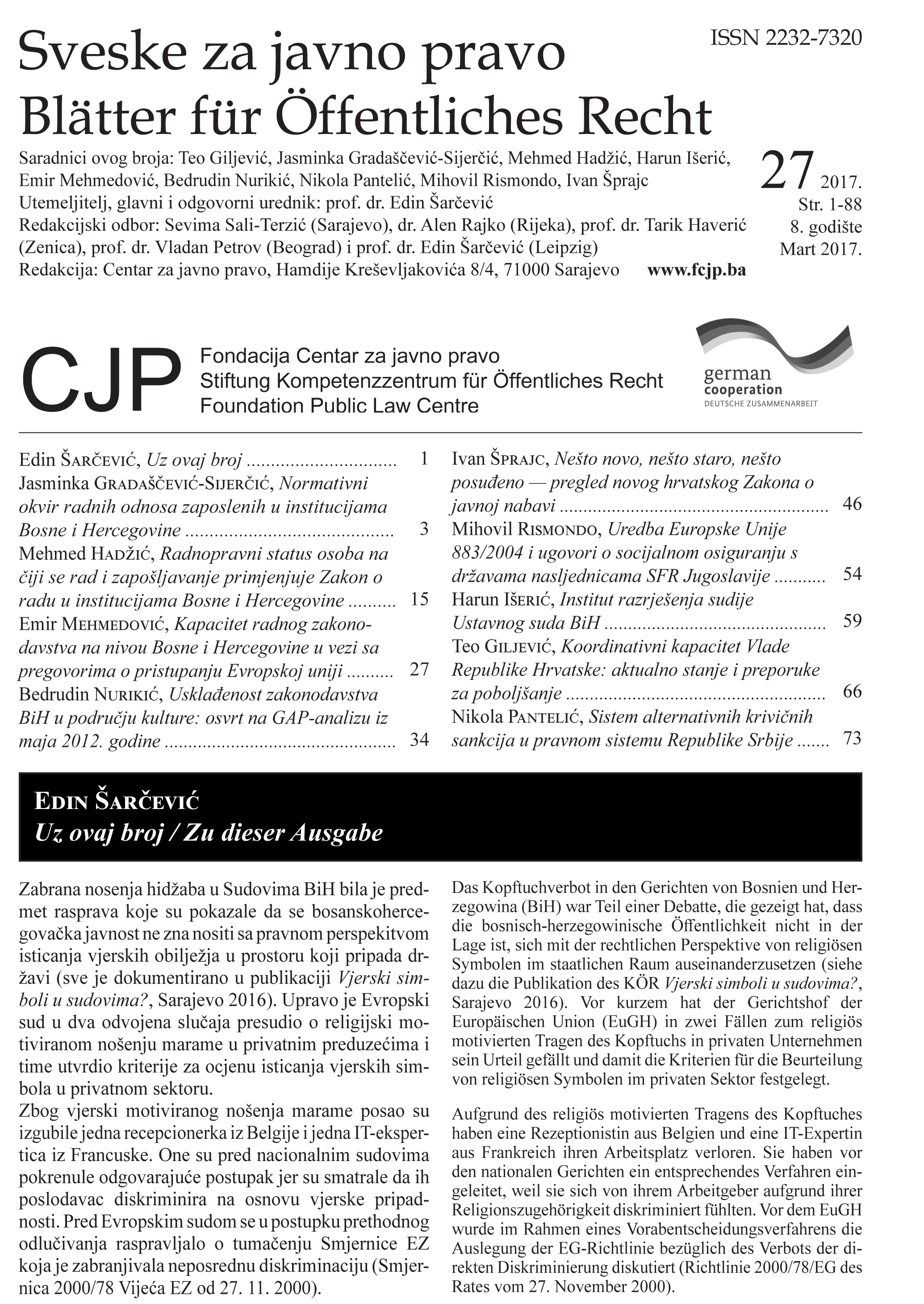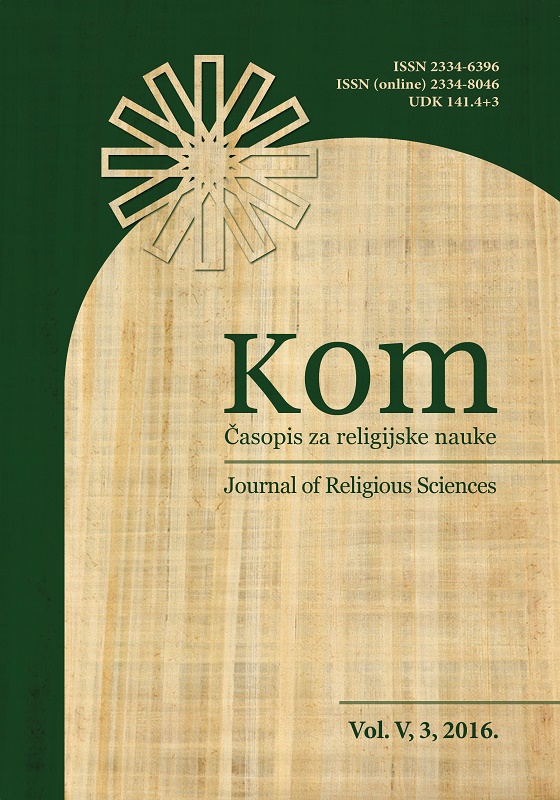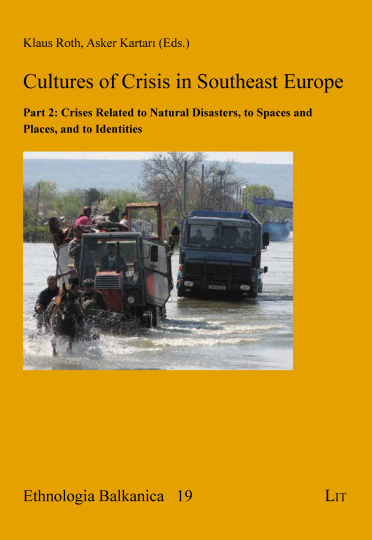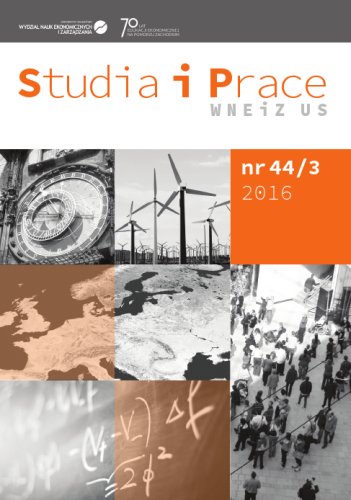
KOMUNIKACJA W ŚRODOWISKU WIELOKULTUROWYM
Recently more attention has been paid to intercultural aspects of organization. Communication is an important element of organization and intercultural communication seems to be more difficult process. In the article the process of communication was described, giving different definitions of communication. Effective communication, the difficulties in communication and the methods of facing those difficulties were highlighted.
More...
